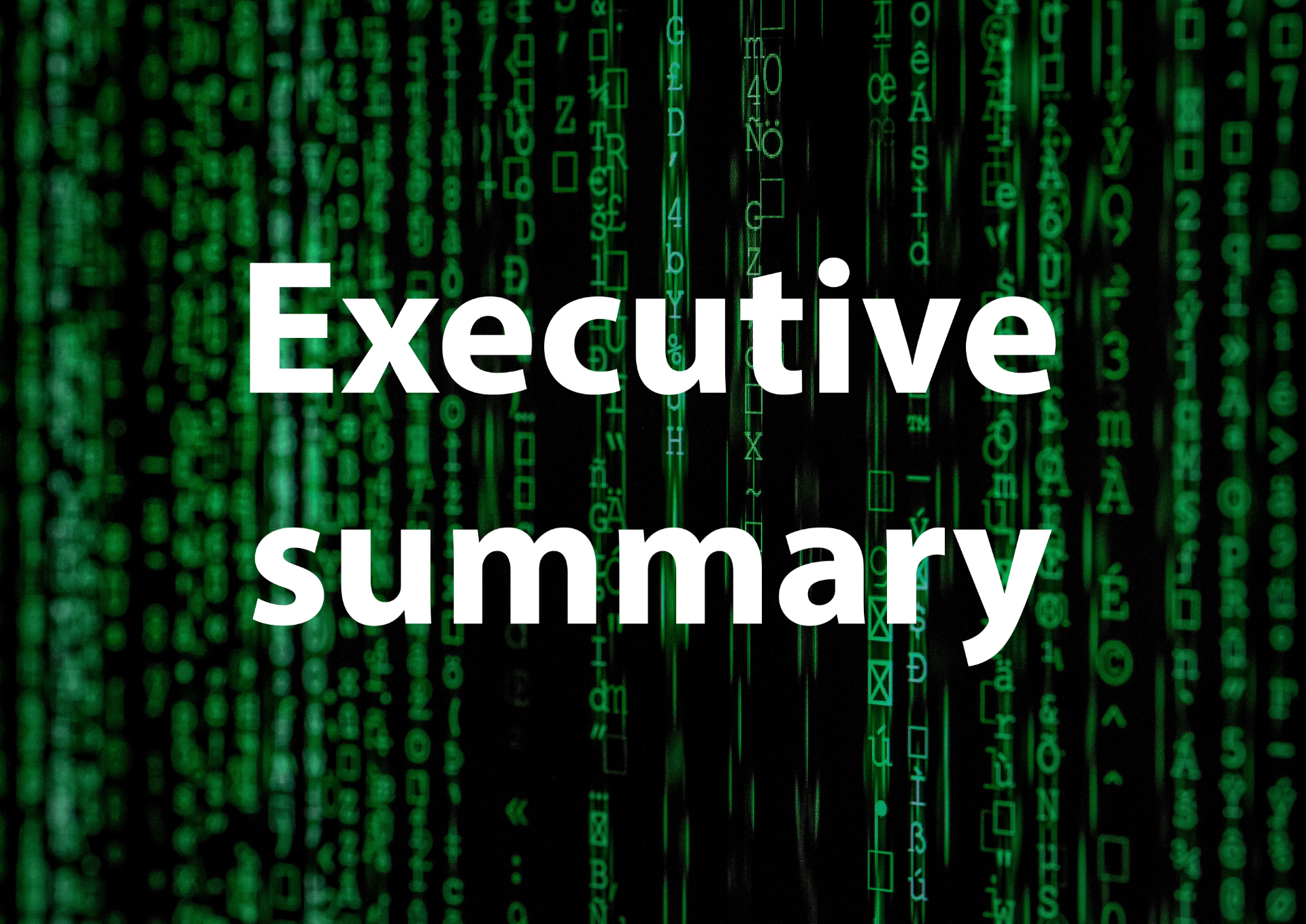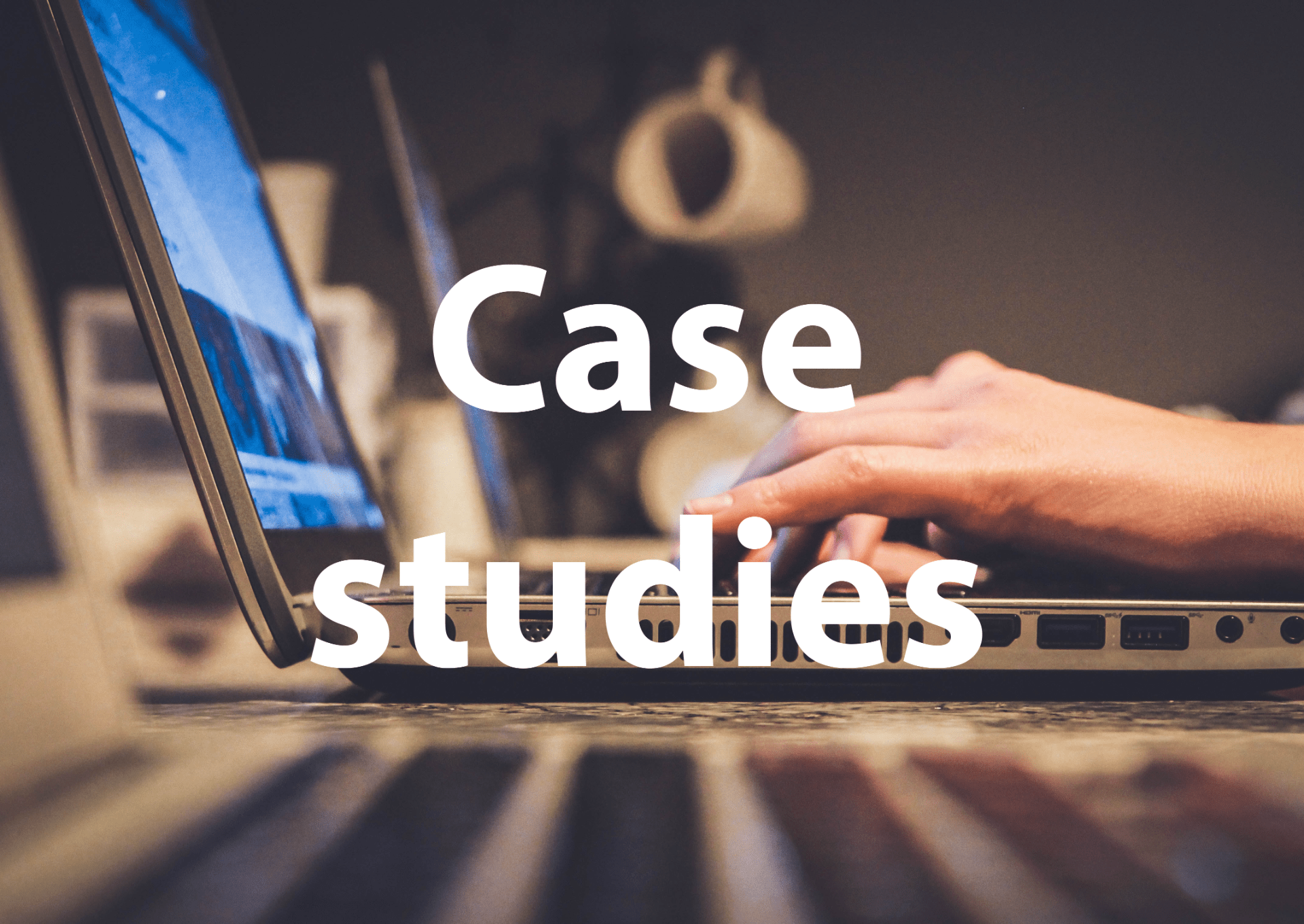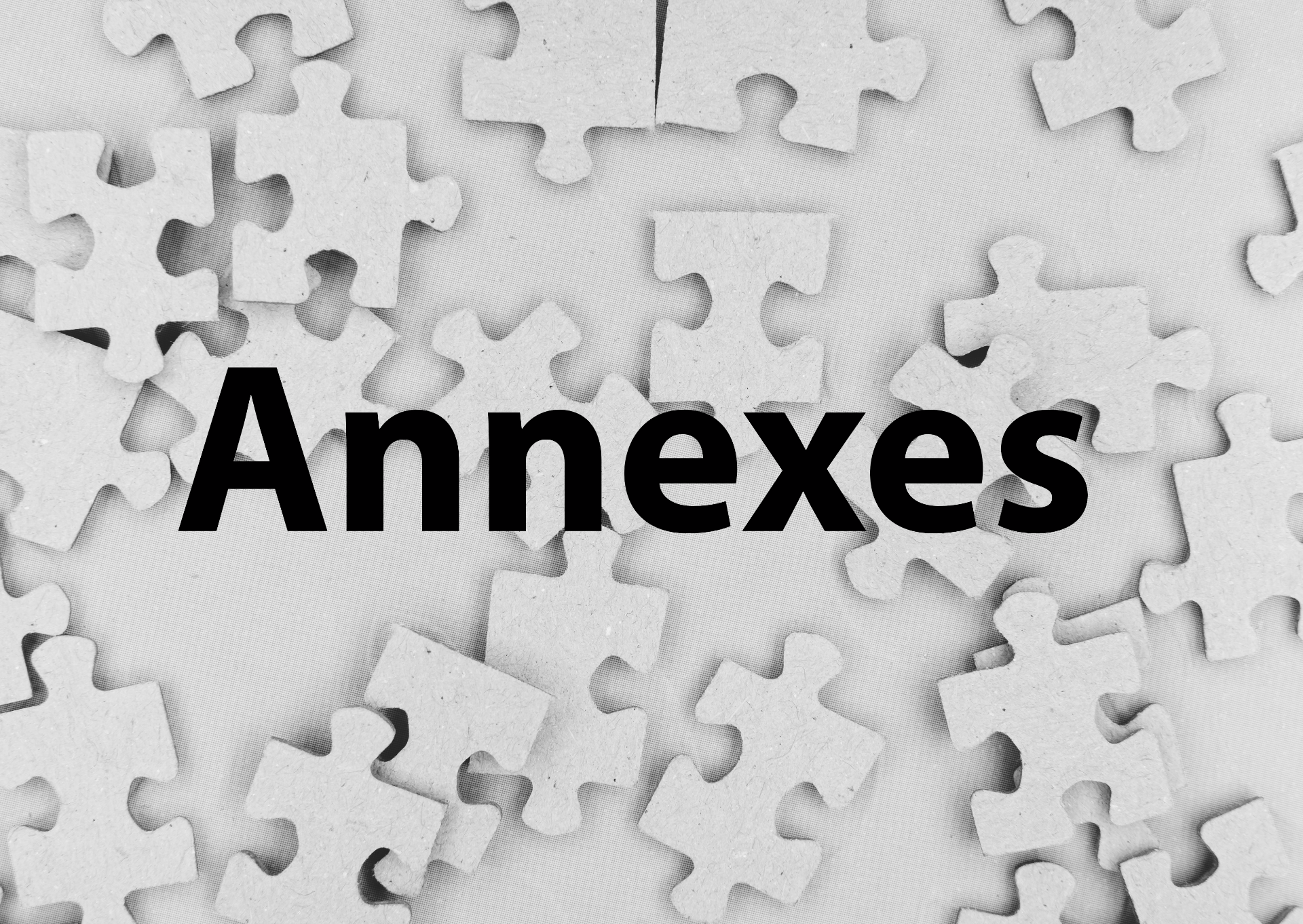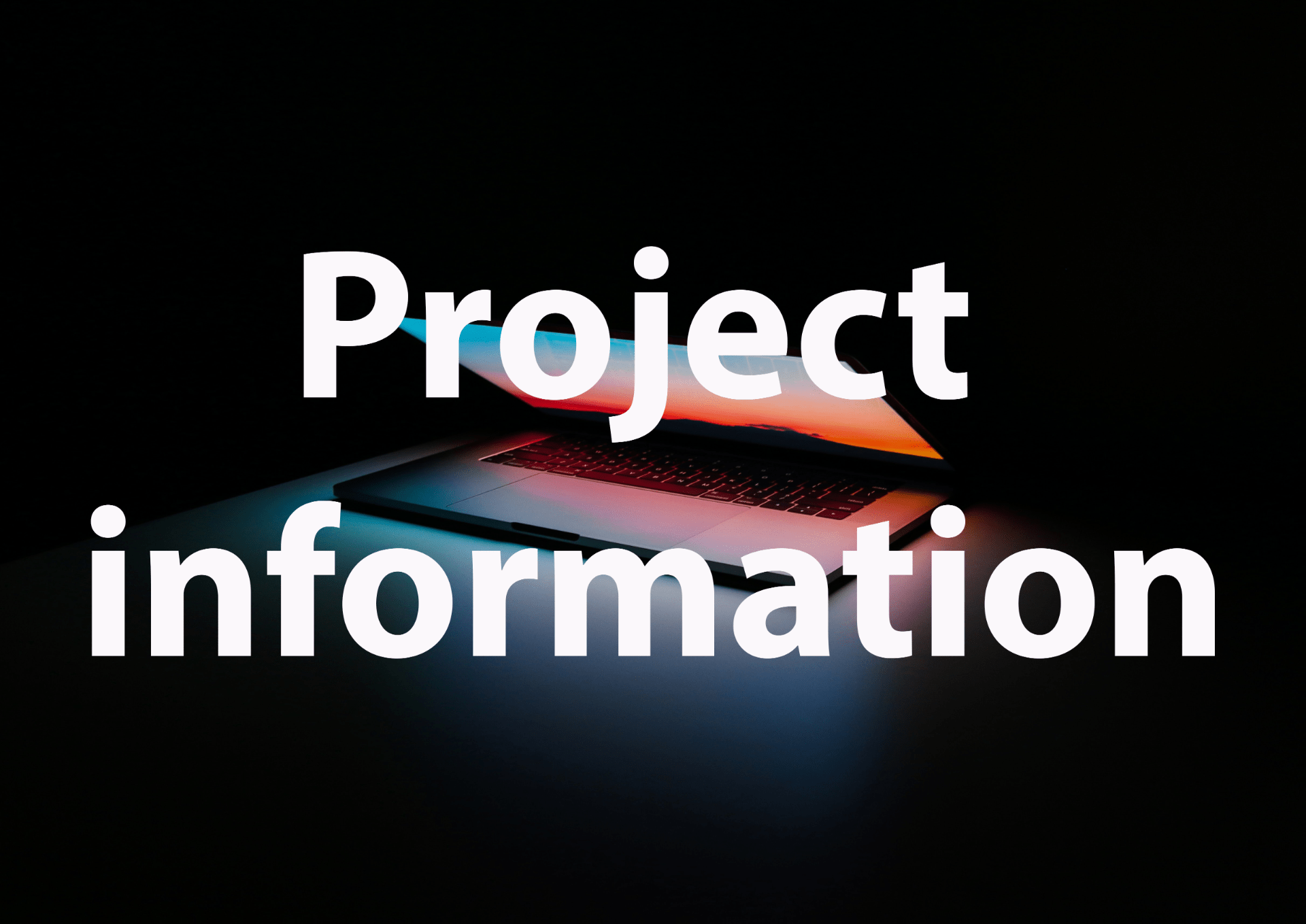He Uru Kahikatea: building young people’s resilience through media and information literacy and digital citizenship skills
This report was commissioned by PM Ardern and is part of a series of workstreams across government tackling the challenge of mis-, dis- and malinformation. We use the term polluted information to include all three terms, reflecting the problematic nature of our information landscape. We focus on how we might enable young people to be more resilient in this polluted landscape. Resilience is a contested term, and the title of our report – He Uru Kahikatea – is an acknowledgement that resilience sits at the level of communities, not individuals. There is strength in tackling this problem collectively.
The rapidly changing online and social media environment: artificial intelligence, new platforms, rising time spent online, platforms changing and adapting, and deepfakes, increasingly confront young people.

In the current online environment, the need for media and information literacy and digital citizenship to build this resilience has never been more pressing. We focus on a systematic education approach to supporting media and information literacy and digital citizenship. While polluted information and other challenges young people face are not confined to the online environment and social media, the internet has amplified their reach and impact. The rapidly changing online and social media environment: artificial intelligence, new platforms, rising time spent online, platforms changing and adapting, and deepfakes, increasingly confront young people. The ability to decipher which information is credible is critical, and support to develop dispositions and attitudes which help young people interact positively online are urgently needed.
There is no silver bullet; rather, there is a need for a whole of system approach that supports teachers, schools, parents, caregivers, whānau, and young people, locally tailored to communities. The approach must also uphold Te Tiriti o Waitangi. This report does not make specific recommendations, which were outside our terms of reference, but does build an evidence base to support an approach within Aotearoa New Zealand. There is a need to expand the evidence base within the New Zealand context. This should include different mechanisms to track the impact of actions that seek to promote media and information literacy and digital citizenship at an individual classroom, school, and national level. The report outlines the importance of equipping teachers with knowledge, tools for assessment, and resources, and the role of three New Zealand curricula in promoting media and information literacy and digital citizenship. Ensuring that media and information literacy and digital citizenship are culturally and contextually relevant is pivotal to their success; this must occur along with community support and buy-in. We highlight the importance of including teachers, parents, caregivers, whānau, and the wider community in the journey.
There is no silver bullet; rather, there is a need for a whole of system approach that supports teachers, schools, parents, caregivers, whānau, and young people, locally tailored to communities.
We hope this report serves as a wero (challenge) to create a national approach to media and information literacy and digital citizenship, supporting young people as not only consumers of information but also critical thinkers and responsible digital citizens, ready to navigate the media and information landscape of today and prepared for the information landscape of tomorrow.
Downloads
He Uru Kahikatea: building young people’s resilience through media and information literacy and digital citizenship skills report at two levels: ‘Key messages’ has 12 pages of need-to-know info, and the full report gives an in-depth evidence synthesis of the topic.
He Uru Kahikatea: building young people’s resilience through media and information literacy and digital citizenship skills
Explore some of the key parts of the report via the images below.
Published on: 15 December 2023
Last edited: 15 December 2023




